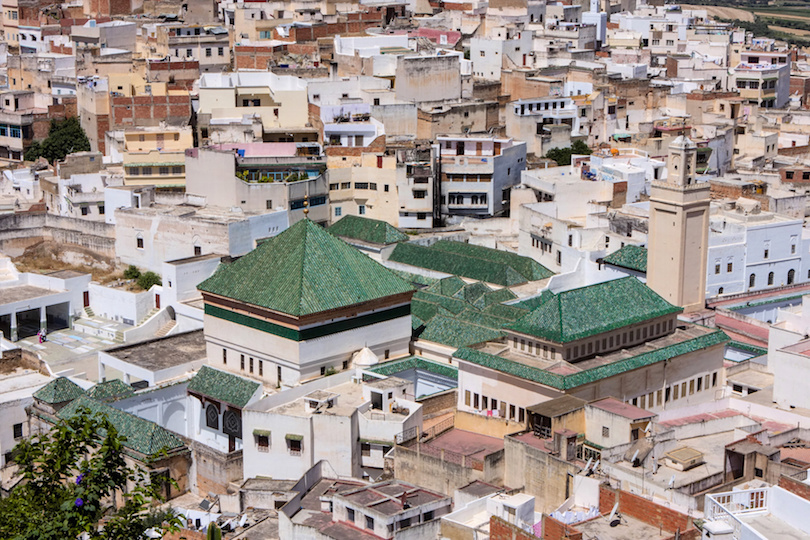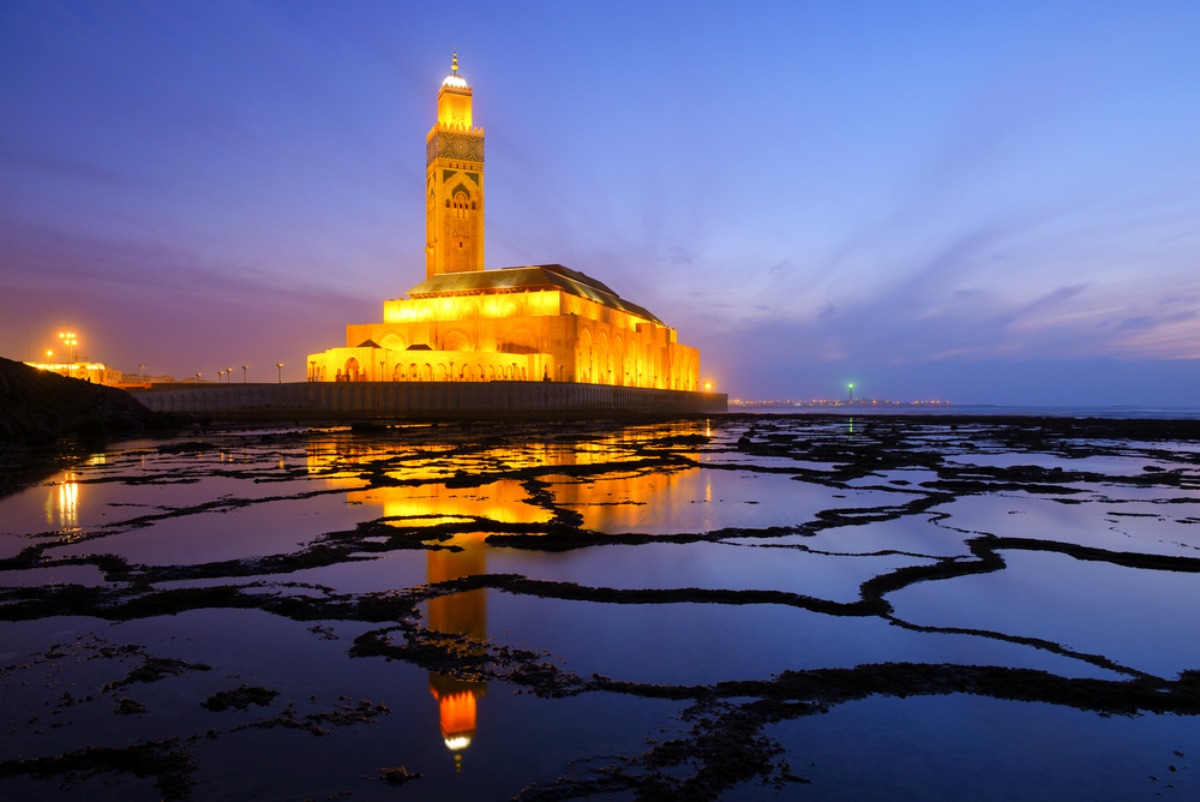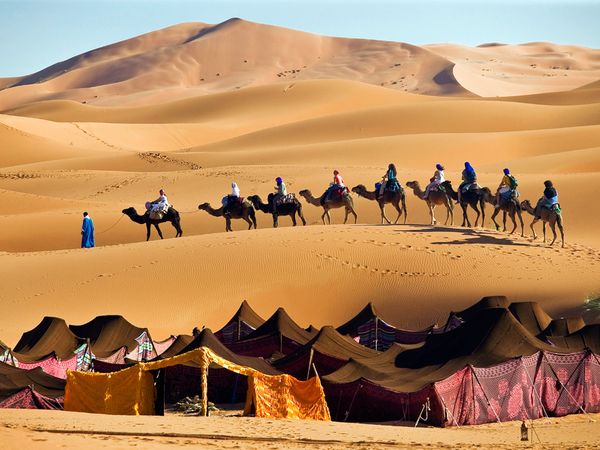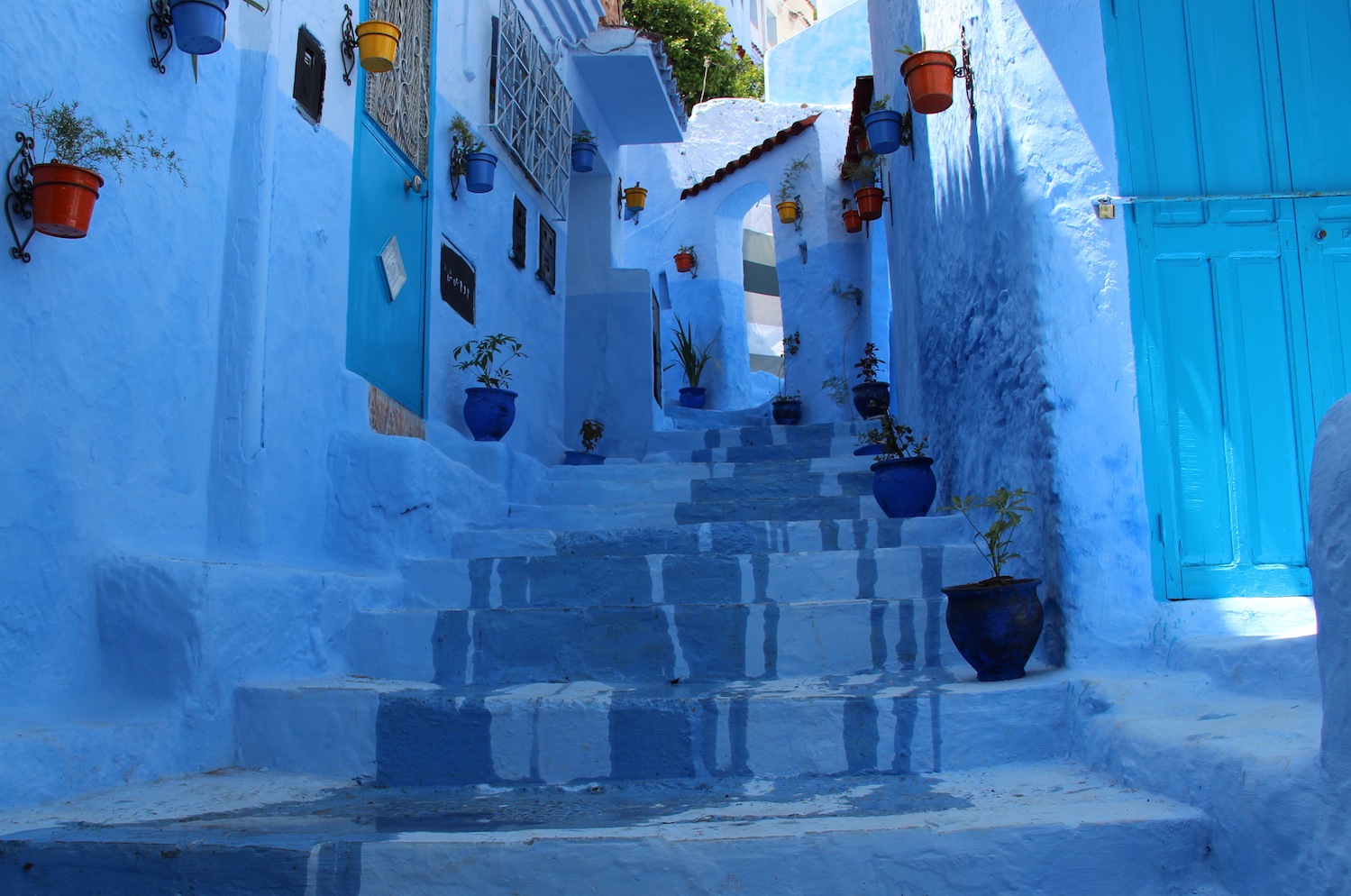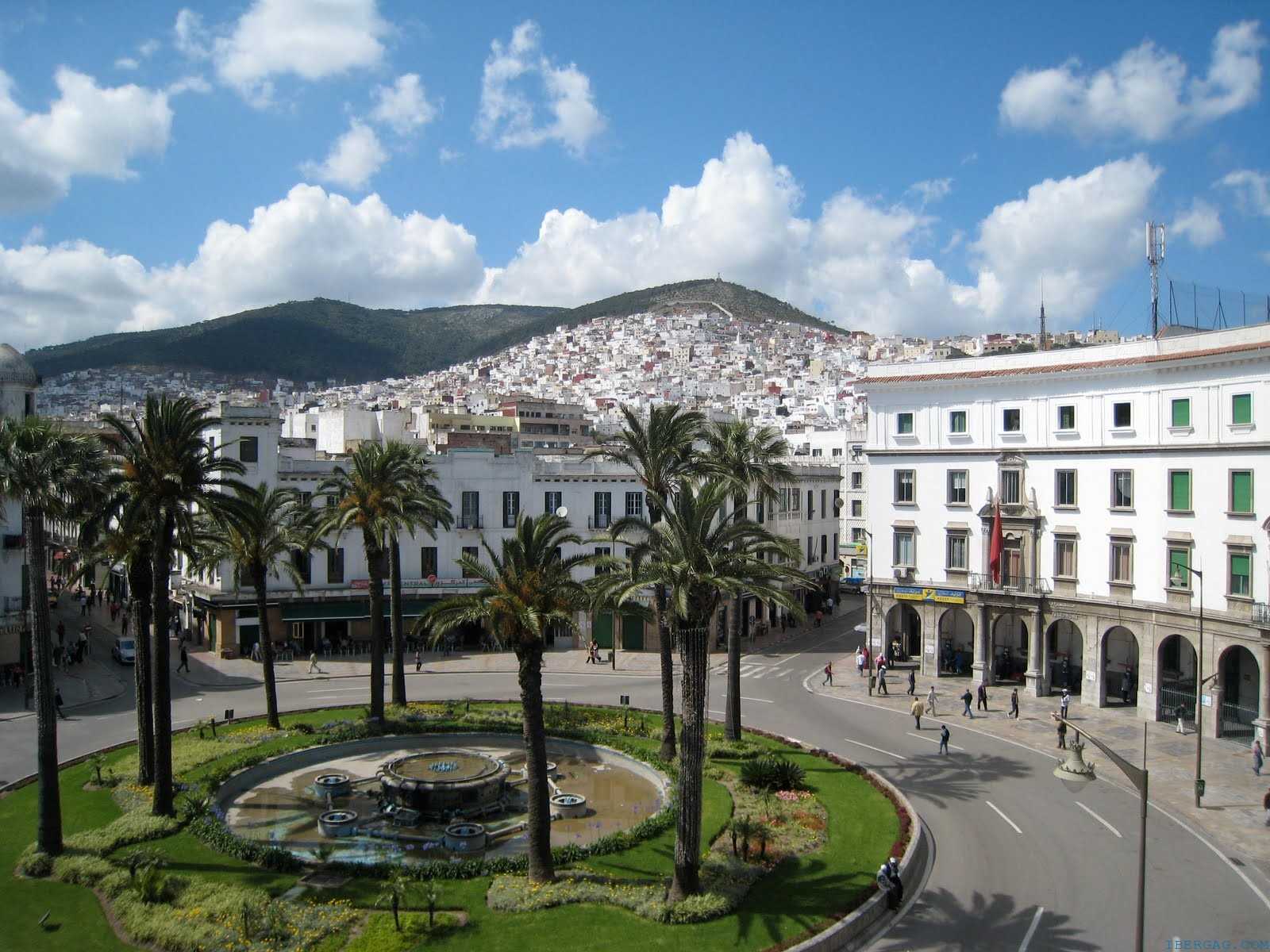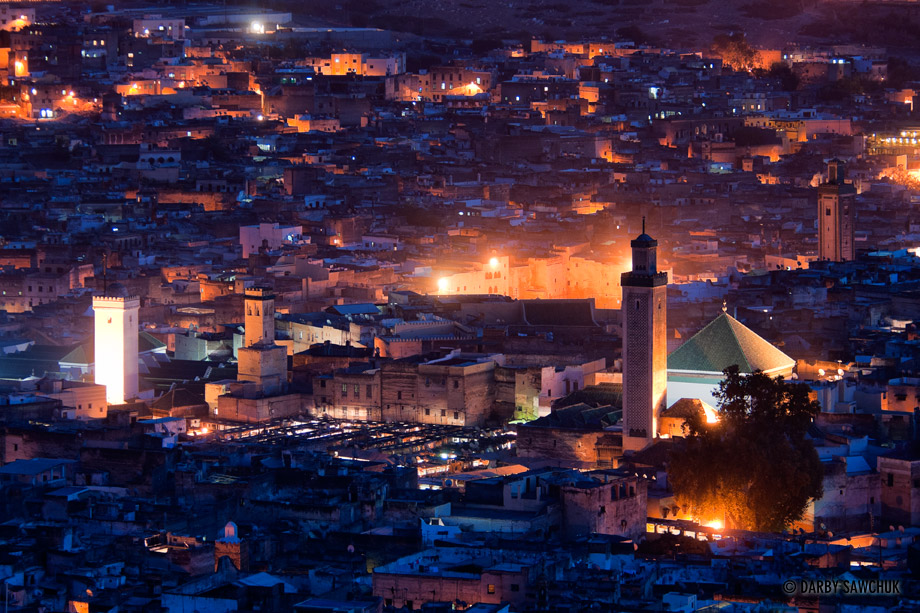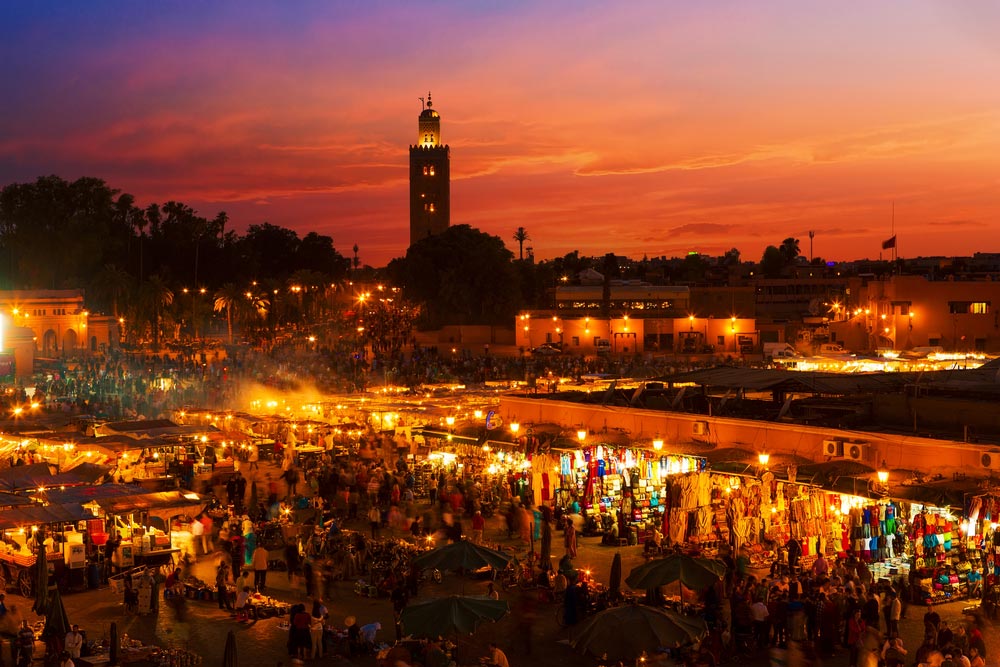Morocco’s Most Interesting Sites and Sights
Set your date with Moroccan history.
by Leigh Bagtas | September 11, 2015
Experience a trip about culture, race and great stories as you go city-hopping (or in this case, medina-hopping) in Morocco’s most treasured cities, with histories that date back as far as the third century BC.
Meknes
Because Morocco sits at the most north-west part of Africa, it is one of the three countries, including Spain and France, that govern both the Atlantic and Mediterranean Seas. This made it easier for the Spanish and French to cross over and trade not only goods and products with Moroccans, but also their culture and traditions.
Meknes plays a huge part in showcasing the fusion of Islamic and European architecture with the city’s high walls and great gates from the 17th century.
Volubilis
Volubilis is an actual representation of how the Roman empire grew and flourished back in the third century BC.
Until today, the ruins of colonial towns that have witnessed a number of civilizations and eras still stand high, mighty and proud. It’s the perfect place to see the Thermae, the Orpheus Mosaic (mostly seen on the grounds of temples) and the Temple of Jupiter (where only the pillars of the temple remain).
Casablanca
Rick and Ilsa will always have Paris but Casablanca is will always be the heart of Morocco. The city, while not as exotic as the other cities, is the center of the country’s business, culture and progress.
Casablanca’s western influences has made it the country’s beach front cosmopolis—the place to go for the hippest bars, contemporary art and high-end fashion.
You can also visit Rick’s Cafe, a real-life replica of the high-end bar of Humphrey Bogart’s Rick Blaine in Casablanca.
Erg Chebbi
Erg Chebbi boasts of a breathtaking view of shape-shifting Saharan dunes, reaching up to 150 meters in height and covering an area of at least 50 kilometers. Visitors enjoy activities like camel trekking, sandboarding and dune rides, and sunset or sunrise tours.
Chefchaouen
It’s time to paint the town blue—literally! The city of Chefchaouen is blue all over; streets, doors, windows, what-have-you.
Upholding tradition, the city is painted with powdered pigments every two years to replicate the color of the sky and remind the locals of God.
Apart from this, Chefchaouen, or Chaouen as it is more often called, is visited for Morocco’s best wool garments, woven blankets and goat cheese.
Tetouan
Morocco wouldn’t be Morocco without Tetouan. It’s considered to have played an important role in the country’s history, serving as a refugee center for expelled citizens of the Spanish region of Andalusia.
Tetouan became the gate through which Spanish influences spread to Morocco, as evidenced by the intricate Moorish architecture.
Tetouan is also the home of the country’s royalty.
Fez
Find your way through Fez’s labyrinth of houses (which are open to tourists!) and shops of leather, thread, powders and whatnot built close together.
Dubbed as Morocco’s spiritual and old world center, Fez is home to the country’s biggest mosques and palaces. It is also home to Kairaouine University, the oldest university in the world.
Marrakesh
The old medina of Marrakesh is one of the world’s most colorful marketplaces. Sights, sounds and wonders don’t cease here so you’re better off leaving your sense of direction behind. Get lost in the merchandise, the merchants, the jugglers, snake charmers and many other kinds of performers.
Got some tips? Post them on the comments section!




